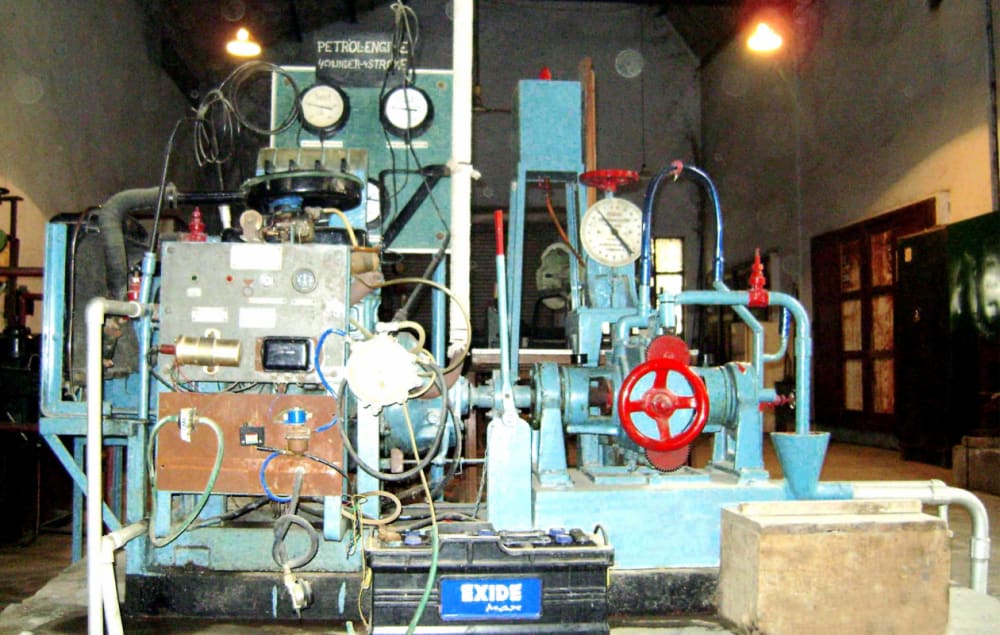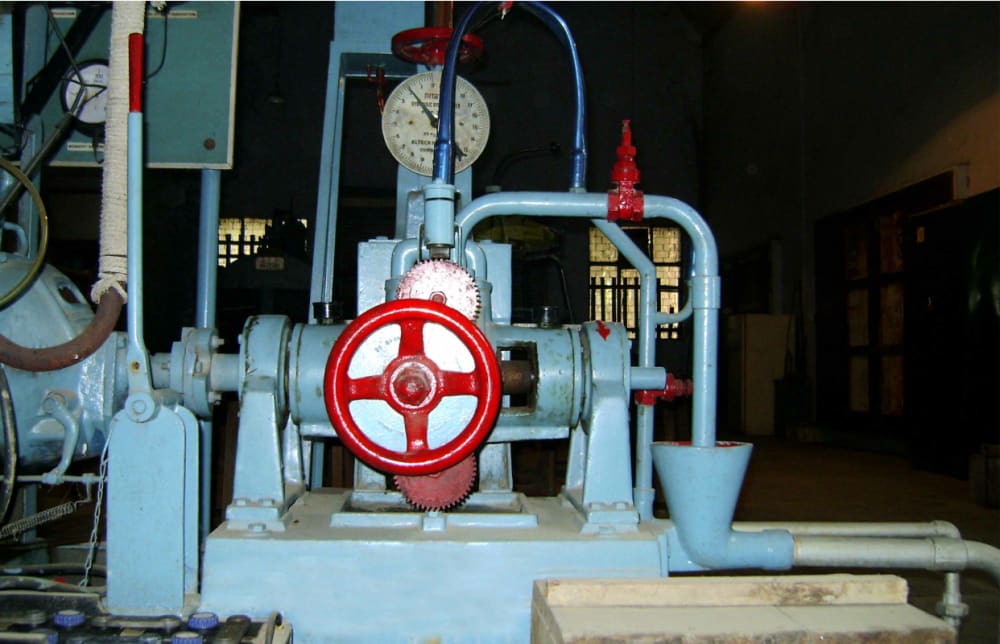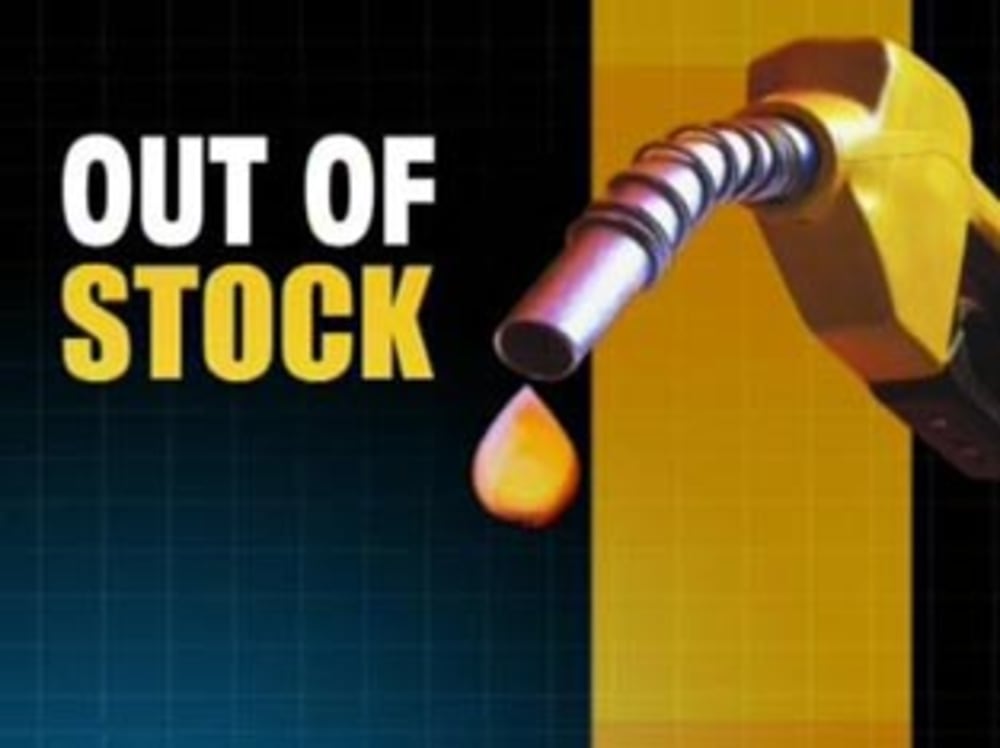Alternative fuels are gaining more and more importance due to increasing oil prices, and environmental concerns. Producing and using renewable transportation fuels is one approach for sustainable energy future for the world. A renewable fuel not only contributes lesser global climate change but also they have potential to preserve the agricultural activities. Alcohols are very promising alternative fuels for Spark Ignition engines. This paper presents performance analysis of Ambassador Car engine carried out using different butanol-petrol blends. The experimentations have been carried out with an aim of obtaining comparative measures of fuel consumption rate, brake thermal efficiency and exhaust gas temperature. The attained results show that that blend containing upto 20% butanol can perform successfully in engine without any design modification.
An experiment investigation was conducted to explore the spark ignition engine performance running on 05, 10 and 20% of butanol added to gasoline and the results obtained suggested the following conclusion.
Butanol has received considerable attention because of its higher heating value, which is greater equal to 77% of gasoline’s heating value. Butanol’s octane number is higher than that of gasoline, another advantage of butanol is its low affinity for water. The volumetric efficiency of alcohol-gasoline blends is higher than that of pure gasoline. The increase in alcohol-gasoline blends volumetric efficiency is due to the evaporative cooling effect of alcohols, which reduces the charge temperature and thus improves the engine volumetric efficiency. Also among alcohol-gasoline blends, the butanol-gasoline blend Indicated mean effective pressure. is the highest, which means that the engine delivered more net work per cycle in the case of butanol-gasoline blend. The maximum brake torque occurred with a slightly rich mixture for both the gasoline and the alcohol-gasoline blends. For lean mixtures, the alcohol-gasoline blends showed low brake torque compared to pure gasoline.
Like this entry?
-
About the Entrant
- Name:Faraz Khan
- Type of entry:teamTeam members:Mr. Mohd Yunus Khan, Lecturer, Mechanical Engineering Section, University Polytechnic, Aigarh Muslim University, Aligarh
Faraz Ahmad Khan,2Final Year Student, Mechanical Engineering Section,
University Polytechnic, Aligarh Muslim University, Aligarh, India.
Mirza Shariq Beg,Final Year Student, Mechanical Engineering Section,
University Polytechnic, Aligarh Muslim University, Aligarh, India.
Omair Musheer,Final Year Student, Mechanical Engineering Section,
University Polytechnic, Aligarh Muslim University, Aligarh, India.
Farhan Jafri,Final Year Student, Mechanical Engineering Section,
University Polytechnic, Aligarh Muslim University, Aligarh, India. - Hardware used for this entry:Ambassador Car engine,Hydraulic DynamometerSoftware used for this entry:Auto Cad 2010,Microsoft Office 2007,Microsoft Paint
- Patent status:none








